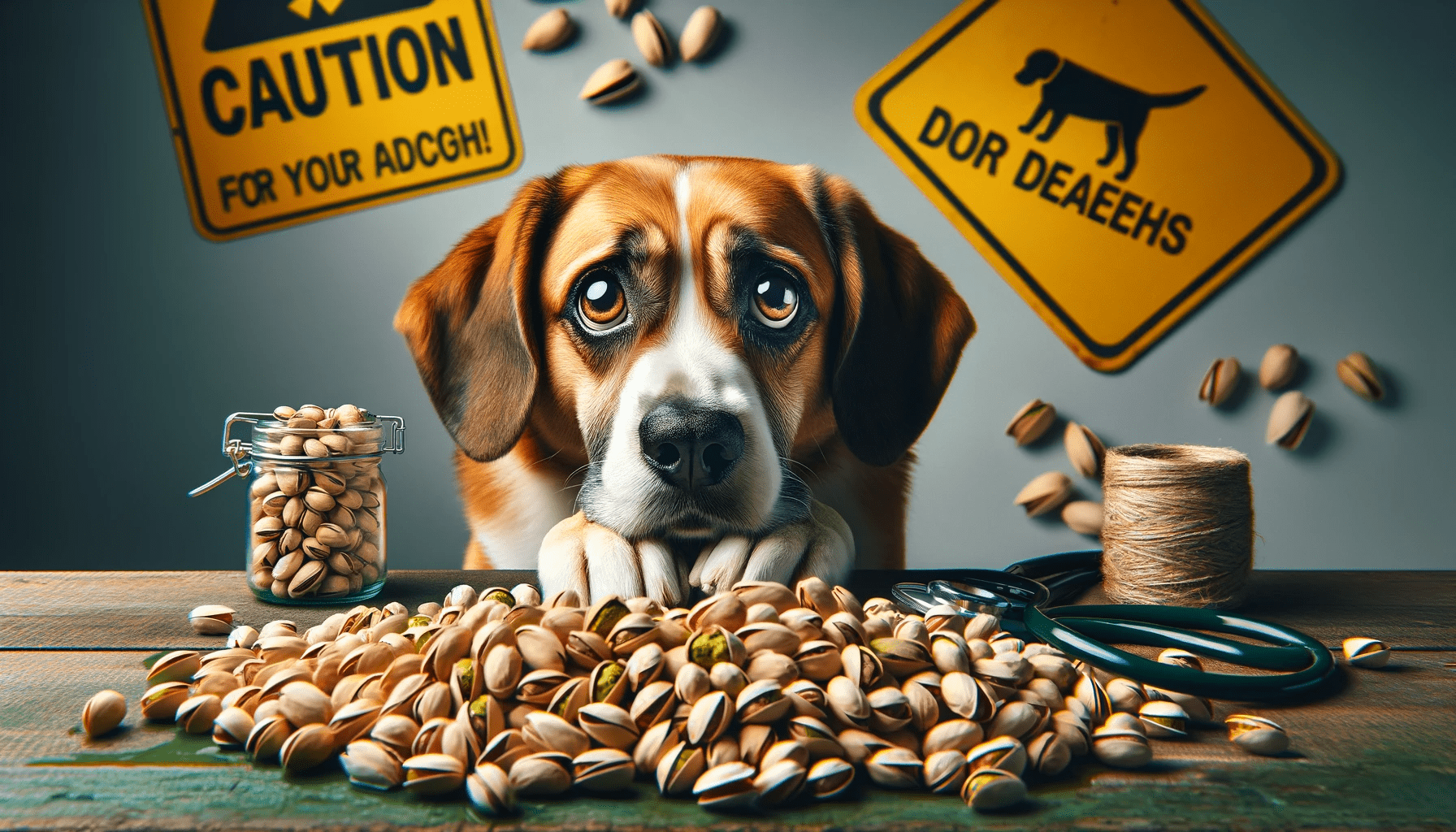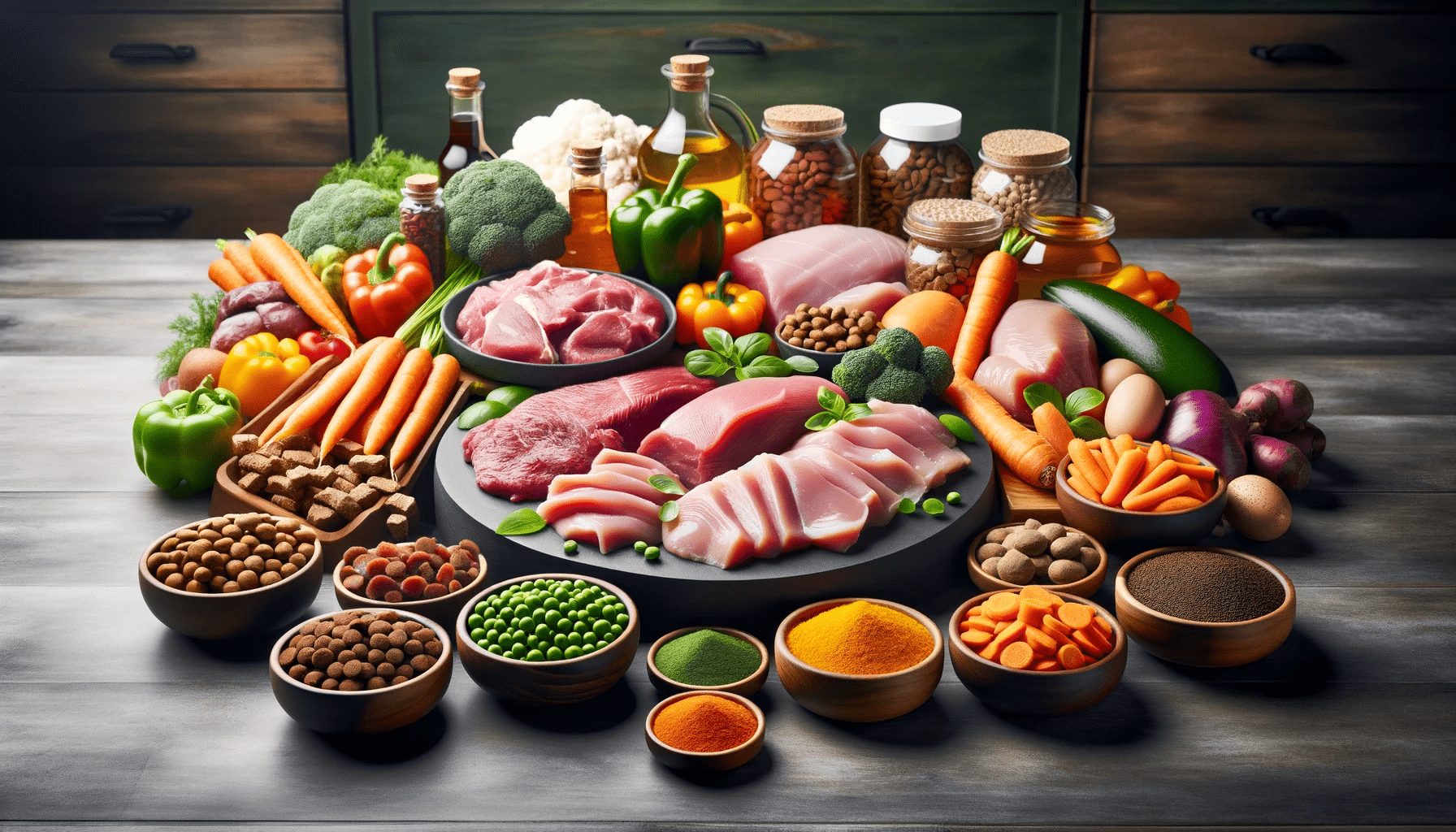Are you looking to ensure your furry friend gets the best nutrition and maintains a healthy weight? Look no further! This article will provide you with all the information you need to achieve optimal dog nutrition and weight management.
Discover the key factors in understanding your dog's nutritional needs and learn how to choose the right food.
We'll also explore how to balance macronutrients, incorporate healthy treats, and address common nutrition issues.
Stay tuned for practical tips on monitoring and adjusting your dog's weight.
Key Takeaways
- Proper nutrition is crucial for a dog's overall well-being and can help prevent and manage health conditions.
- Premium dog food brands prioritize quality ingredients and undergo rigorous testing.
- Balancing macronutrients, such as protein, fat, and carbohydrates, is essential for a balanced diet.
- Portion control and choosing healthy treats are important for weight management in dogs.
Understanding Dog Nutrition Needs
To understand your dog's nutrition needs, focus on their dietary requirements and overall health. Proper nutrition is crucial for your dog's overall well-being and can help prevent and manage various health conditions. Understanding your dog's dietary needs is essential in providing them with a balanced and nutritious diet.
Dog nutrition requirements include a combination of macronutrients (proteins, carbohydrates, and fats) and micronutrients (vitamins and minerals). Proteins are essential for muscle development and repair, while carbohydrates provide energy. Fats are a concentrated source of energy and help with nutrient absorption and hormone production. It's important to provide a diet that includes all these nutrients in the right proportions.
Additionally, understanding canine dietary needs involves considering their age, breed, size, and activity level. Puppies have different nutritional needs than adult dogs, and large breed dogs may require specific diets to support their growth and development. Similarly, active dogs may need more calories and nutrients to fuel their energy levels.
Consulting with a veterinarian or a professional animal nutritionist can help you determine the specific dietary requirements for your dog. They can guide you in selecting the right dog food and supplements, if necessary, to meet your dog's nutritional needs. Regular check-ups and monitoring your dog's weight and overall health can also help ensure that they're receiving the proper nutrition.
Choosing the Right Dog Food
When selecting dog food, consider the specific nutritional needs and preferences of your furry companion. Choosing the right dog food is essential for their overall health and well-being. You want to provide them with a balanced and nutritious diet to support their growth, energy levels, and maintain a healthy weight.
One important factor to consider is choosing premium dog food. Premium dog food brands often prioritize quality ingredients and undergo rigorous testing to ensure the safety and nutritional value of their products. Look for brands that use high-quality proteins, such as chicken or fish, as the main ingredient. Avoid dog foods that contain fillers or artificial additives, as they offer little nutritional value and may contribute to health issues.
Evaluating ingredient quality is another crucial aspect when choosing the right dog food. Read the ingredient list carefully and look for real, whole ingredients. Avoid dog foods that contain by-products, corn, wheat, and soy, as these ingredients have lower nutritional value and may trigger allergies or sensitivities in some dogs.
Consider your dog's specific needs, such as age, breed, and any existing health conditions. Consult with your veterinarian to determine the best dog food option that meets their requirements. Remember, a well-balanced diet is key to maintaining optimal nutrition and weight management for your furry friend.
Balancing Macronutrients for Dogs
To achieve optimal dog nutrition and weight management, it's important to balance the macronutrients in your dog's diet.
Protein is essential for muscle development and should be a primary component of their food.
Fat serves as a valuable energy source, while carbohydrates provide a balanced diet.
Protein for Muscle Development
You should regularly include protein in your dog's diet to promote muscle development and balance their macronutrient intake. Protein is essential for building and repairing muscles, and it also provides energy for your dog's daily activities.
Here are three key points to consider when it comes to protein for muscle development:
- Optimal Protein Intake: The amount of protein your dog needs depends on factors such as their age, size, and activity level. Consult with your veterinarian to determine the appropriate daily protein intake for your dog.
- Quality Protein Sources: Look for high-quality protein sources in your dog's food, such as lean meats, fish, eggs, and legumes. These sources provide essential amino acids that support muscle growth and repair.
- Muscle Building Supplements: In some cases, your veterinarian may recommend muscle-building supplements for your dog. These supplements can help optimize protein intake and support muscle development, especially for dogs with specific dietary needs or conditions.
Fat for Energy Source
To ensure optimal dog nutrition and weight management, it's vital to understand the role of fat as an energy source and how to balance macronutrients for dogs.
Fat is an essential component of a dog's diet, providing a concentrated source of energy. It also aids in the absorption of fat-soluble vitamins and helps maintain healthy skin and coat. However, it's important to note that not all fats are created equal. Healthy fats, such as omega-3 fatty acids found in fish oil, can support joint health and reduce inflammation.
On the other hand, excessive fat intake can lead to weight gain and obesity in dogs. When it comes to weight loss strategies, some dog owners may consider ketogenic diets, which are low in carbohydrates and high in fats. However, it's crucial to consult with a veterinarian before implementing such diets, as they may not be suitable for every dog.
Balancing macronutrients, including fat, is key to maintaining a healthy weight for your furry friend.
Carbohydrates for Balanced Diet
For a balanced diet that supports optimal dog nutrition and weight management, incorporating carbohydrates is essential. Carbohydrates play a crucial role in providing energy for your dog's daily activities. They're broken down into glucose during digestion, which is then used by the body as a primary source of fuel.
When choosing carbohydrates for your dog's diet, opt for complex carbohydrates that provide more nutritional value compared to simple carbohydrates. Complex carbohydrates, such as whole grains and vegetables, are rich in fiber, vitamins, and minerals. They promote better digestion and help regulate blood sugar levels, ensuring a steady release of energy throughout the day.
Incorporating Healthy Treats Into the Diet
When it comes to incorporating healthy treats into your dog's diet, it's important to choose nutritious snack options. Look for treats that are made with high-quality ingredients and are specifically formulated for dogs.
Additionally, practicing portion control is key to ensure your dog doesn't consume excessive calories from treats. Consider breaking larger treats into smaller pieces or opting for low-calorie options to help manage your dog's weight effectively.
Nutritious Snack Options
Incorporate three nutritious snack options into your dog's diet to ensure optimal nutrition and weight management. Here are some ideas for healthy treats that you can easily make at home:
- Frozen carrot sticks: Carrots are packed with vitamins and minerals that are beneficial for your dog's health. Cut carrots into small sticks and freeze them. This crunchy snack won't only satisfy your dog's chewing needs but also provide a low-calorie option.
- Peanut butter and banana bites: Mash a ripe banana and mix it with a tablespoon of natural peanut butter. Spoon small amounts of the mixture onto a baking sheet and freeze. These bite-sized treats are rich in potassium and healthy fats.
- Homemade chicken jerky: Slice chicken breast into thin strips and bake them at a low temperature until they're fully dried. This homemade alternative to store-bought jerky is free from additives and provides a protein-rich snack for your dog.
Portion Control Tips
To incorporate healthy treats into your dog's diet while maintaining portion control, you can follow these tips.
First, it's important to establish portion control techniques for your dog's regular meals. Measuring food accurately is essential, so consider using a measuring cup or kitchen scale to ensure you're giving the correct amount. This will help you determine the appropriate portion size for treats as well.
Instead of giving your dog large treats, opt for smaller, low-calorie options. Many pet stores offer a variety of healthy treat options specifically designed for portion control.
Additionally, you can try using your dog's regular kibble as treats, deducting the amount from their daily food intake.
Addressing Common Dog Nutrition Issues
To address common dog nutrition issues, you should start by understanding the importance of balanced meals and regular feeding schedules. This is crucial for maintaining your dog's overall health and well-being.
Here are three key considerations when addressing common dog nutrition problems and addressing weight management in dogs:
- Nutritional Balance: Dogs require a balanced diet that includes proteins, carbohydrates, fats, vitamins, and minerals. Ensure that your dog's meals consist of high-quality ingredients that meet their specific nutritional needs. Consult with a veterinarian to determine the appropriate portion sizes and types of food for your dog's breed, age, and activity level.
- Portion Control: Overfeeding is a common issue that can lead to weight gain and related health problems. It's important to measure your dog's food accurately and avoid excessive treats or table scraps. Use a measuring cup to portion out the correct amount of food based on your dog's weight and activity level. Adjust the portion sizes as needed to maintain a healthy weight.
- Regular Feeding Schedule: Establishing a consistent feeding routine helps regulate your dog's metabolism and prevents overeating. Divide your dog's daily food allowance into two or three meals, depending on their age and size. Stick to a regular schedule and avoid free-feeding, where food is available all day. This helps prevent obesity and allows for better weight management.
Monitoring and Adjusting Dog's Weight
For effective monitoring and adjusting of your dog's weight, it's essential to use a balanced combination of exercise and diet. Adjusting your dog's feeding schedule and incorporating regular exercise can help maintain a healthy weight and prevent obesity-related health issues.
When it comes to adjusting your dog's feeding schedule, it's important to consult with your veterinarian. They can provide guidance on the appropriate amount of food and the frequency of feedings based on your dog's age, breed, and activity level. By adjusting the portion sizes and meal times, you can ensure that your dog is receiving the right amount of calories to maintain a healthy weight.
In addition to adjusting the feeding schedule, regular exercise is crucial for weight management. Exercise helps burn calories and promotes a healthy metabolism in dogs. It also helps to strengthen their muscles and joints, improve cardiovascular health, and enhance overall well-being. Depending on your dog's age and breed, the type and intensity of exercise may vary. Consult with your veterinarian to determine the appropriate exercise routine for your dog.
Monitoring your dog's weight is essential to ensure that adjustments to their diet and exercise are effective. Regularly weigh your dog and keep track of their weight over time. If you notice significant weight gain or loss, consult with your veterinarian for further guidance.
Frequently Asked Questions
How Often Should I Feed My Dog?
You should feed your dog according to a regular feeding schedule. This helps with portion control and ensures they get the right amount of food.
Can I Give My Dog Human Food as a Treat?
Yes, you can give your dog human food as a treat. However, it's important to choose dog-friendly snacks that are safe and healthy for them. Homemade dog treats are a great option to ensure optimal nutrition and weight management.
Are There Any Specific Foods That Dogs Should Avoid?
You should avoid feeding your dog chocolate and grapes as they can be toxic to them. Contrary to popular belief, grain free diets and raw food diets may not necessarily be the best options for your dog's nutrition.
How Can I Tell if My Dog Is Overweight or Underweight?
To determine if your dog is overweight or underweight, you can visually assess their body condition and feel for their ribs and waist. Regular exercise is crucial for weight management and keeping your dog at their ideal weight.
Is It Necessary to Consult a Veterinarian for My Dog's Nutrition and Weight Management?
Yes, it's necessary to consult a veterinarian for your dog's nutrition and weight management. Veterinary guidance and professional advice will ensure that you make informed decisions and take the best care of your dog's health.
Conclusion
In conclusion, achieving optimal dog nutrition and weight management is crucial for the overall health and well-being of our canine companions.
By understanding their unique nutritional needs, choosing the right dog food, and balancing macronutrients, we can ensure they receive the necessary nutrients for a healthy life.
Incorporating healthy treats into their diet and addressing common nutrition issues further contribute to their overall well-being.
Regular monitoring and adjusting of their weight is essential in maintaining their optimal health.






